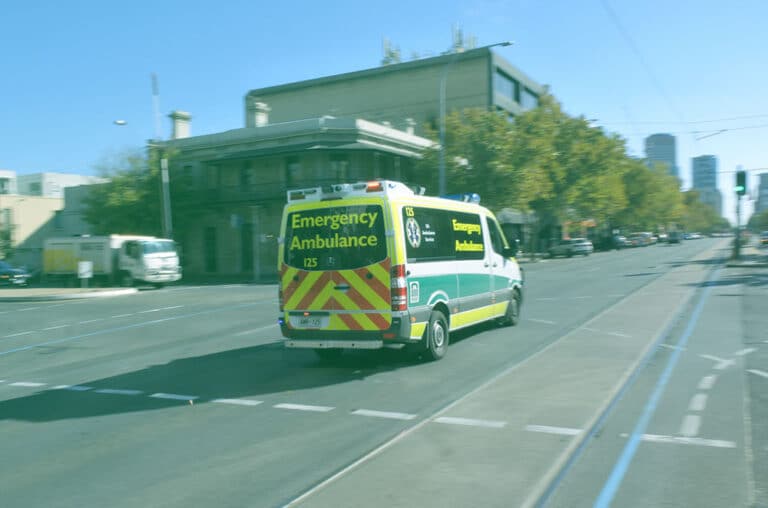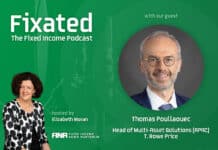
The record-setting $2.2 billion refinancing of the Royal Adelaide Hospital (RAH) through green and social loans could set a benchmark for further public-private partnerships, according to according to Aberdeen Standard Investments (ASI).
The United Kingdom-based global investment company believes the environmental, social and governance (ESG) financing of the RAH could guide other projects in health and education.
ASI took a lead role in championing the refinance for Celsus, which is the consortium that manages and maintains the RAH under a 30-year PPP with the South Australia Government. Celsus is owned by six investors including ASI, AMP Capital, InfraRed Capital Partners, The Infrastructure Fund, HRL Morrison & Co, and MM Capital Partners.
The refinancing by a consortium of 18 banks is the largest green loan for a public private partnership (PPP) in Australia to date, the first to be issued with a social loan component in Australia and also the largest combined green and social loan in the healthcare sector globally.
A statement by ASI said green and social loans were issued by governments, organisations, and companies to exclusively finance environmental and climate projects and those that offer strong social benefits. This sets them apart from standard loans, where the issuer has the freedom to use the money raised for a variety of purposes, which may or may not be centered on ESG issues.
Bill Haughey, Head of Infrastructure Investment and Asset Management – Australia and New Zealand at Aberdeen Standard Investments, said:
“Australia and New Zealand PPPs have been slower to embrace ESG financing than those in Europe but landmark deals like this one could help both markets quickly catch-up. Climate change outcomes is a central concern for investors, and we are pleased to deliver another strong green infrastructure project to meet this demand, and one that has a positive social component as well.
“This refinancing demonstrates that ESG lending is not just for renewable or transportation projects but with the right credentials ESG lending can be utilised more broadly. The size of the loan at AU$2.2 billion and the number of financial institutions which were eager to be a part of this ‘first’ is really significant. This value is larger than the first three PPP green loans in Australia combined,” he said.
The green loan was structured in accordance with Green Loan Principles and Social Loan Principles 2021 issued by the Asia Pacific Loan Market Association and the Loan Syndications and Trading Association and was certified by DNV GL Business Assurance Ltd.
The RAH spans three city blocks and has more than 700 overnight beds. Its eligibility for the green loan was based on its green buildings. The RAH was the first large scale hospital in Australia to achieve a 4 Star Green Star – Healthcare As Built rating from the Green Building Council of Australia in recognition of its sustainable design, construction and operation as well as fit out.
It was eligible for a social loan because it provides access to essential services. The RAH is the largest public Hospital in South Australia and provides a comprehensive range of treatment options. It is also South Australia’s largest accredited teaching hospital.
With a strong track record in sustainable investing, this is the third Australian PPP ESG loan that ASI has been involved in arranging. Last month ASI announced it was part of a AU$620 million co-investment to deliver Queensland’s New Generation Rollingstock Project, which was the second PPP project in Australia to use internationally certified green financing.
This followed the recent AU$280 million refinancing of ASI’s Canberra Metro investment for Canberra’s 12-kilometre integrated electric light rail system.





























